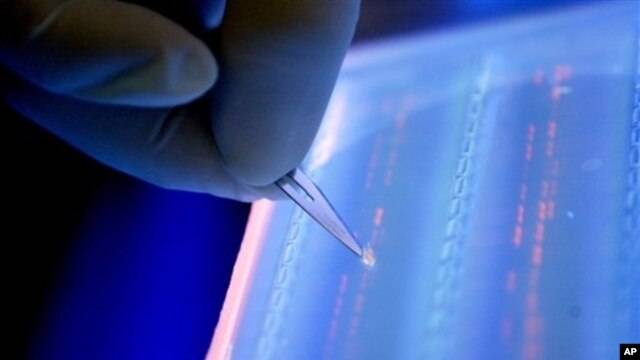Political Junky
Gold Member
- May 27, 2009
- 25,793
- 3,990
- 280
AFP: Scientists find gene that inhibits pancreas cancer spread 
PARIS Scientists have identified a gene that slows the spread of pancreatic cancer tumours, paving the way for targeted treatment of one of the deadliest forms of the disease, said a paper published Sunday.
After discovering the gene dubbed USP9X at work in a study of pancreatic cancer in mice, the international research team found it also played a role in humans.
"We looked in human tumour specimens and we found that it was missing in a fraction of patients -- the patients that did very poorly ... the people who died the fastest," researcher David Tuveson told AFP.
"Patients that had a low level of the gene expressed ... they died very quickly after their operation and the patients who at the end of their life had lots of metastasis (spreading of the cancer), they had also a very low level of this protein."
<more>

PARIS Scientists have identified a gene that slows the spread of pancreatic cancer tumours, paving the way for targeted treatment of one of the deadliest forms of the disease, said a paper published Sunday.
After discovering the gene dubbed USP9X at work in a study of pancreatic cancer in mice, the international research team found it also played a role in humans.
"We looked in human tumour specimens and we found that it was missing in a fraction of patients -- the patients that did very poorly ... the people who died the fastest," researcher David Tuveson told AFP.
"Patients that had a low level of the gene expressed ... they died very quickly after their operation and the patients who at the end of their life had lots of metastasis (spreading of the cancer), they had also a very low level of this protein."
<more>



